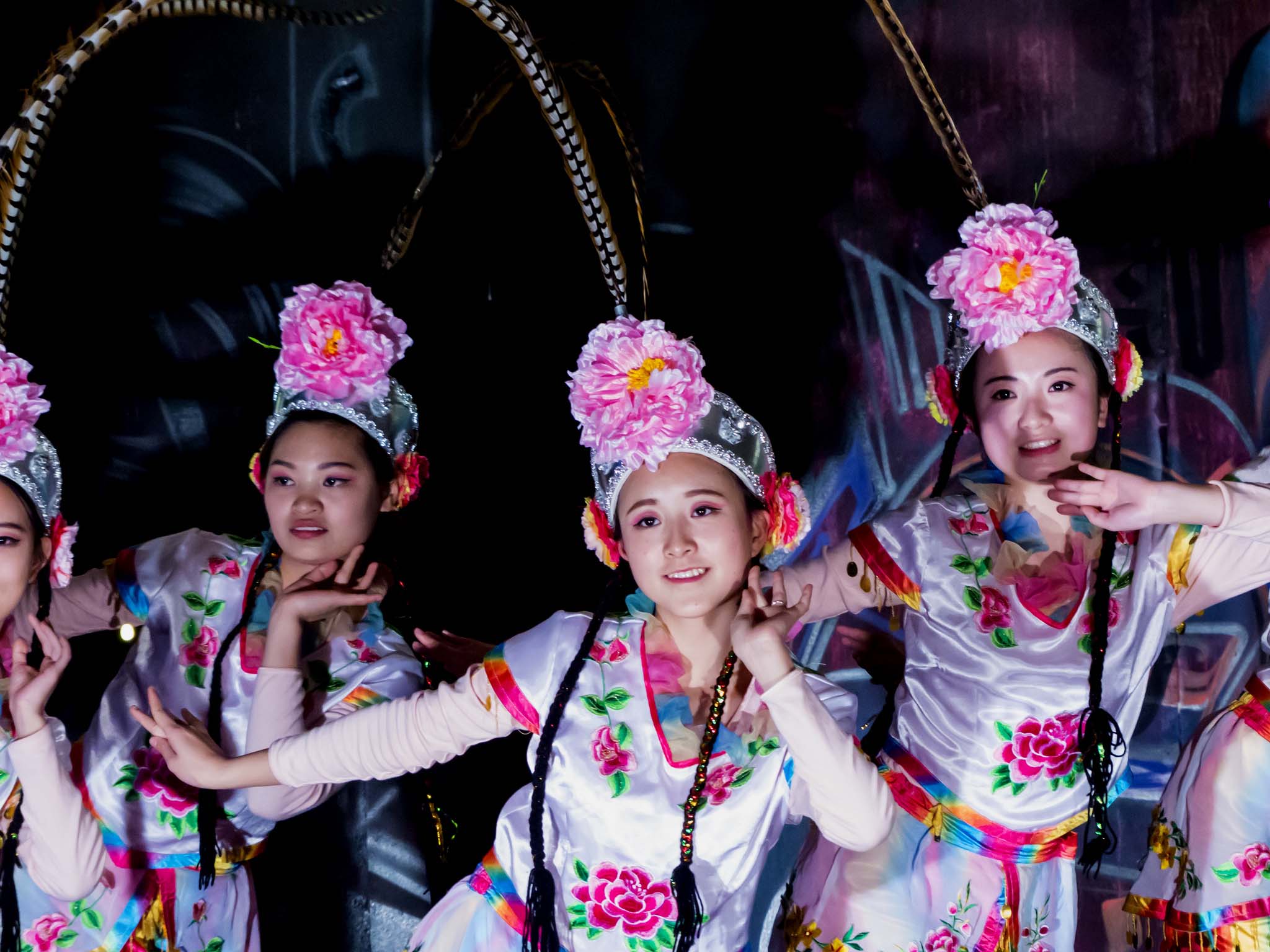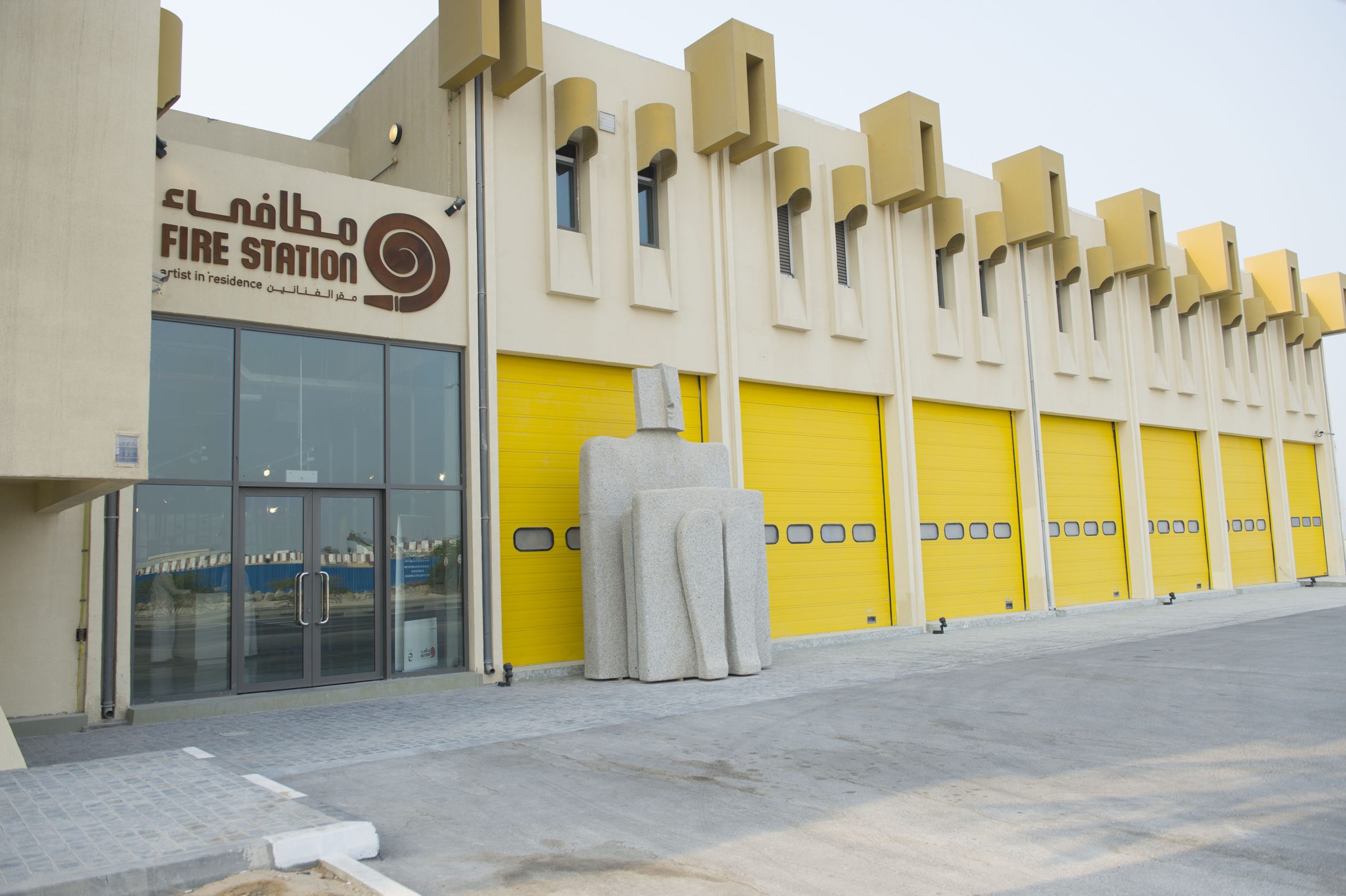
In a move that will likely mean exciting performances, wider cuisine options and other features, Qatar and China have signed an agreement to become partners for the 2016 Year of Culture program, QNA reports.
The idea of the tie-up was discussed during the Emir’s visit to China in November, and made official over the weekend by Qatar’s Minister of Culture, Arts and Heritage, Dr. Hamad bin Abdulaziz Al Kuwari, when he met with the Asian country’s Cultural Minister Luo Shugang in Beijing.
During the meeting, Al Kuwari expressed his appreciation for the rich culture of China and the depth of the historical relations between Arabs and the Chinese.

More details about upcoming cultural events have yet to be disclosed.
But if the 2016 agreement follows in the footsteps of previous cultural tie-ups (Qatar-Japan, Qatar-UK, Qatar-Brazil, Qatar-Turkey), exhibitions, film screenings and concerts will likely be held in both countries next year.
China is Qatar’s fifth partner in an initiative launched by Qatar Museums to build cultural ties between Qatar’s residents and other countries around the world.
In a statement on its website following, the Chinese Foreign Ministry said:
“China supports the holding of China-Qatar Cultural Year in 2016 to push forward bilateral people-to-people and cultural exchanges…Qatar will work with China to well organize activities of the Qatar-China Cultural Year in 2016 and deepen friendship between the two peoples.”
The statement also touched on the growing political ties between the two nations, and mentioned China’s desire to deepen its defense relationship with Qatar.
In October of last year, the Deputy Minister of Culture of China hailed the support given by Qatar to the Arab activities held in China, particularly, the Sino-Arab Forum.
Growing business ties
In the past several years, Qatar and China have bolstered their economic and political ties.
In May 2014 for example, China replaced the US as Qatar’s top exporter, replacing the US in terms of origin country for total imports into Qatar during the month.

Trade between the two countries grew in the last few years from $8.5 billion in 2012 to $10 billion in 2013, mostly on the strength of energy exports – namely natural gas – from Qatar, as well as Chinese shipments of electronics and building materials to the Gulf.
In terms of natural gas, Qatar Petroleum signed a deal in 2010 with PetroChina and Shell to explore and produce an 8,100-square-kilometer gas field near Ras Laffan.
A year later, the three companies entered into an agreement to build a petrochemicals and refining complex in Zhejiang province in east China.
Meanwhile, Qatar’s sovereign wealth fund received special permission as a foreign entity in 2012 to invest in China’s capital markets.
And, boosting the number of Chinese expats in Qatar, which apparently numbered only 6,000 in 2013, “Dragon Mart” opened its doors to the public last summer.
Several thousand nationals from China were expected to move here to man the dozens of shops that sell a variety of merchandise there, including groceries, furniture, phones and clothes.
Thoughts?







